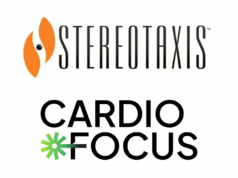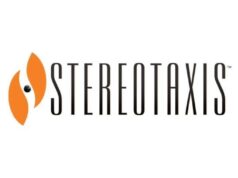Varian, associated with Siemens Healthineers, announced today that the US Food and Drug Administration (FDA) approved an investigational device exemption (IDE) for the pivotal RADIATE-VT clinical trial. The trial will be the first international, multi-centre, randomised controlled trial to evaluate the safety and efficacy of cardiac radioablation (CRA) compared to repeat catheter ablation for patients with high-risk refractory ventricular tachycardia (VT).
Initial approval for the trial has been granted for 80 patients at 10 US sites, with total enrolment planned for 380 patients in up to 30 centres worldwide. Subjects will be randomly assigned to undergo cardiac radioablation with Varian’s CRA system or catheter ablation. The primary objective of the RADIATE-VT clinical trial is to demonstrate that CRA provides a safer experience with equivalent VT control compared to repeat catheter ablation in subjects with high-risk refractory VT.
Varian’s CRA system received FDA breakthrough device designation in 2021. The system is designed to support the entire cardiac radioablation workflow, including targeting, planning, and treatment delivery. The CRA system would provide non-invasive delivery of precisely targeted high-dose radiation, enabling ablation across the full thickness of the myocardium. The ability to ablate the full thickness of the myocardium has the potential to improve control of the patient’s VT.
“Patients with refractory VT have limited therapeutic options. Because of this, some institutions have offered patients cardiac radioablation, and these single institution experiences have been reported in the literature. However, to date, there has been no randomised controlled clinical trial to demonstrate the safety and efficacy of this treatment modality compared to current standard of care. We look forward to this landmark clinical trial, which may prove that CRA is as effective as catheter ablation but safer for the patient,” said Paul Zei, cardiac electrophysiologist at Brigham and Women’s Hospital and associate professor of medicine at Harvard Medical School.
“Varian has long been a leader in radiotherapy innovation, and through this trial we are expanding the application of our technology for a new patient population. The use of our novel cardiac radioablation system to treat cardiac arrhythmias is an exciting opportunity to provide a non-invasive treatment option that may improve outcomes for some patients with refractory ventricular tachycardia. We are eager to see this solution evaluated in the clinical trial setting at leading institutions around the world, which also would support future submissions for regulatory marketing authorisation,” said Deepak Khuntia, senior vice president and chief medical officer of Varian.









